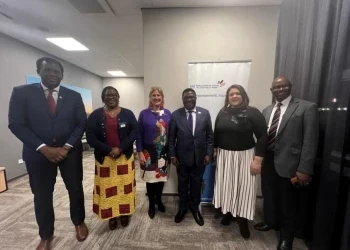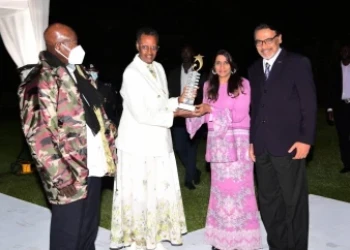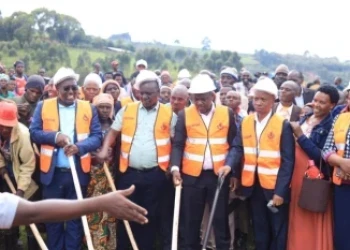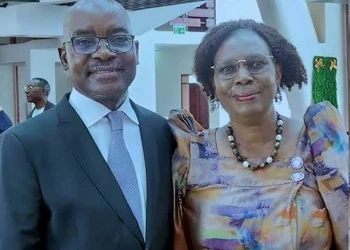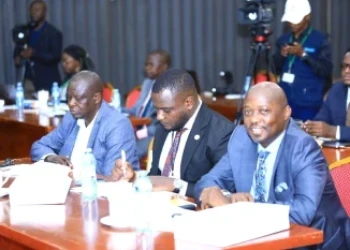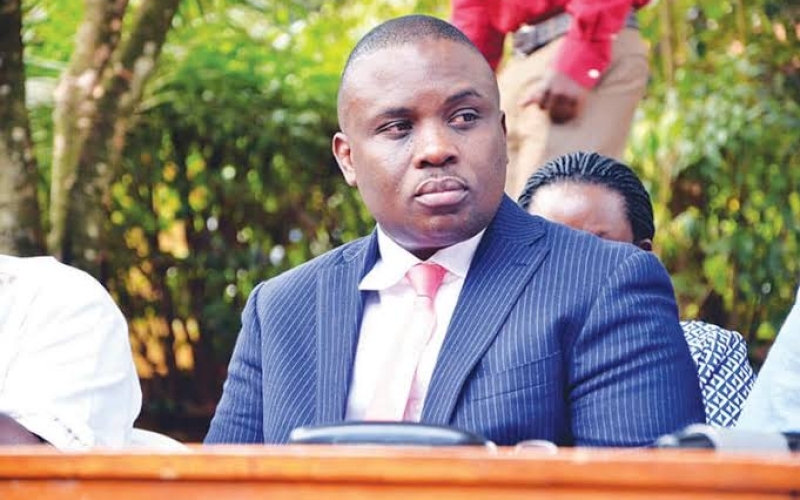
A section of lawyers led by Erias Lukwago wants the judiciary to drop the virtual court sessions because it has proved less effective compared to physical court hearings.
The lawyers argue that the current video conferencing facilities have failed to match up to the standards and intents hence inconveniencing the court users through unnecessary delays in the delivery of justice.
The Judiciary introduced the use of video conferencing technology as the latest innovation in its operation in 2019. The move was expected to contribute to the reduction of the case backlog.
In 2020, the system gained more acceptance following the outbreak of the COVID-19 pandemic, which led to the nationwide lockdown.
Now, Lukwago says that in his experience operating with the videoconferencing system, its benefits have failed to outweigh the traditional method which allows the physical appearance of suspects before court.
According to him, the new system is being thwarted by the recurrent poor internet connectivity that can hardly allow stable communication between the suspects in prisons and courtrooms.
Lukwago adds that a lot of precious time is lost in the process of fidgeting with the less responsive system.
He has urged the judiciary to revert to the physical court system until it acquires the necessary infrastructure and equipment that can effectively support virtual court proceedings.
His argument has been supported by Prossie Nakasiita another lawyer who challenged the government to work towards improving internet connectivity if it intends to effectively benefit from the new technologies.
However, James Karemani the Judiciary Spokesperson says that it is impossible to discontinue the use of the technology since it was already rolled out.
Comments (0)
📌 By commenting, you agree to follow these rules. Let’s keep HowweBiz a safe and vibrant place for music lovers!



